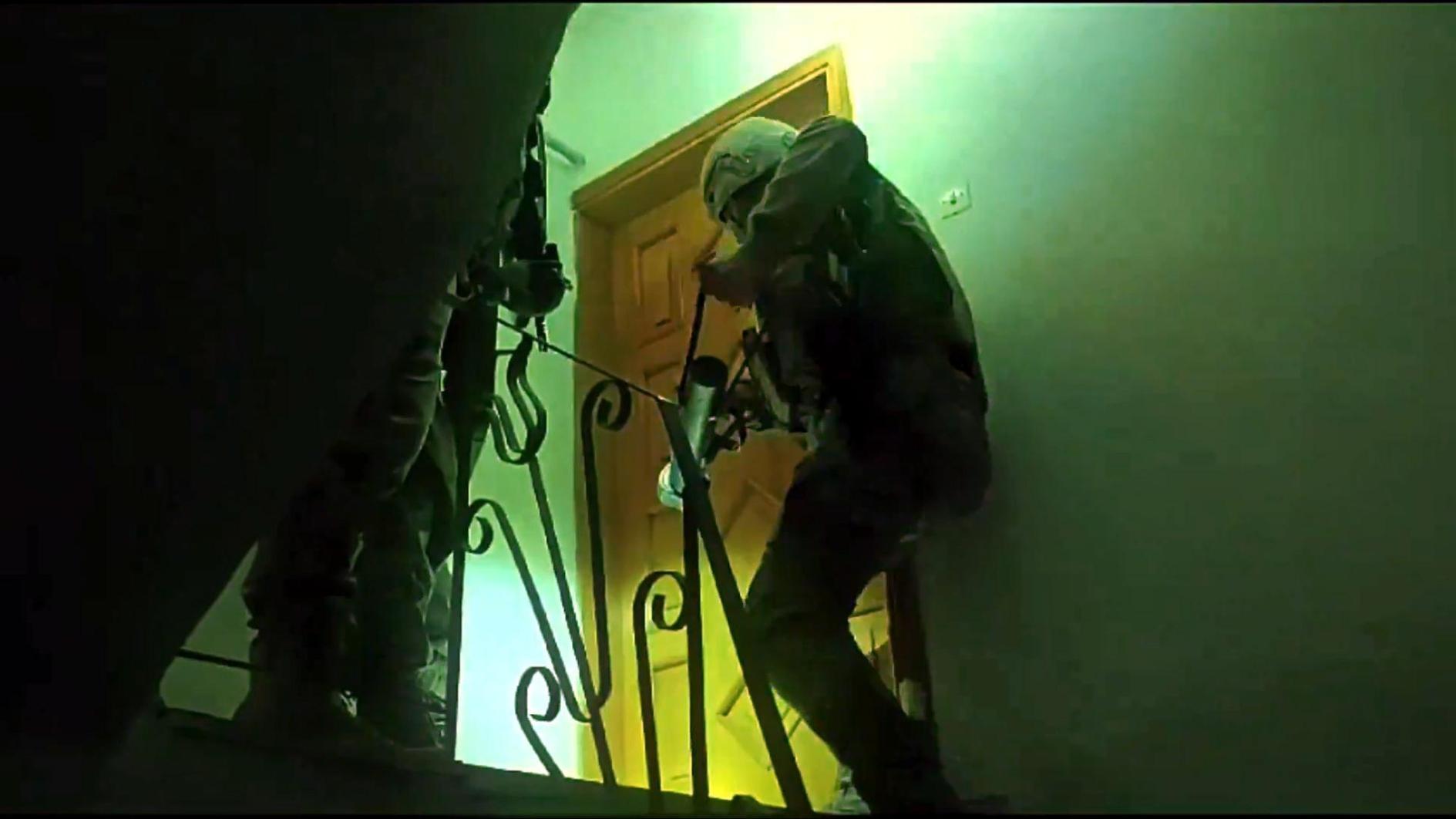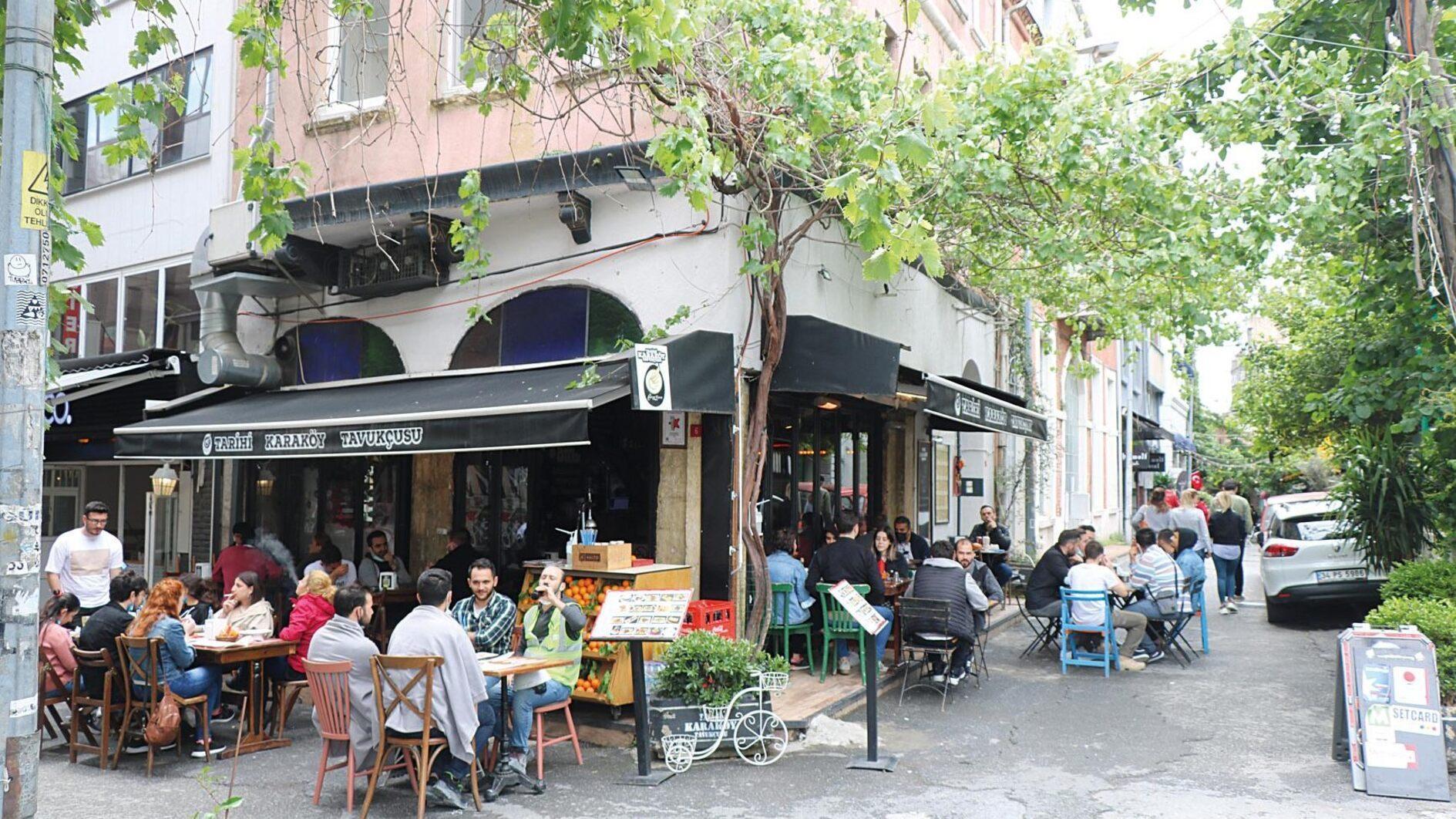Internet censorship does not suit Turkey
JALE ÖZGENTÜRK jale.ozgenturk@radikal.com.tr
According to Google’s Transparency Report, requests to remove content coming from the Turkish government have increased 966 percent in 2013.Turkey is shown among “partially free” countries regarding the Internet. According to European Union criteria, we are an “insecure” country regarding data transfer.
In other words, Turkey’s position regarding Internet freedom is exceptionally grave.
However, now there is a bigger threat waiting at the door. While Internet users and Internet investors are expecting wider freedoms, new arrangements are arriving that would make us yearn for the situation today.
The bill to amend Internet Law No. 5651 submitted by ruling Justice and Development Party (AK Party) deputy Zeynep Karahan Uslu was surprisingly included in the omnibus bill. It is being debated at the Planning and Budget Commission. Even though some softening changes were made during the debate, this arrangement proposes changes that increase censorship.
The government’s reaction against social media increased first during the Gezi Park protests, then during the “parallel state” fight that started with the corruption claims on Dec. 17.
As a reflection of this reaction, according to the amendments proposed, the government will be able to close any website whenever it wishes without a court order. In other words, the fate of the Internet will be in the hands of the government.
In this process, when we have started losing the rights we already have while waiting for “advanced democracy,” civil society and professional organizations have started raising their voices.
The head of the Turkish Informatics Foundation (TBV), Faruk Eczacıbaşı, is one of these names. He is trying to inform the public and explain how grave the consequences of the amendments will be in the future.
He organized a talk on this subject the other evening. Yasin Beceni, who is an advisor on the Internet law, was also present at the meeting.
Eczacıbaşı said the law in question actually went into effect in 2007. However, because it is deemed inadequate they have asked for amendments.
In 2012, Eczacıbaşı reminded that the European Court of Human Rights found this law contrary to freedom of expression. “There were contacts with nongovernmental organizations also during that process. In general we were given only lip service, and there were statements saying it would be corrected,” he said.
“Of course, the Internet should not be 100 percent free. Of course, there should be categorized crimes. But don’t add new crimes to it, we said. Let’s not kill the mosquito with a bazooka, we said,” he added.
“These arrangements irritate us extremely. There is no consistency in them. While we were expecting more freedoms, this came out of the omnibus law,” Eczacıbaşı said.
“The consequences of this arrangement should be well thought through,” he said, adding that a major consequence would be the obstruction of investments. “In the end, international issues will be facing us. No investor would consider a country where the data flow is monitored to this extreme extent as a risk-free country. We are boasting that we are the 17th biggest economy in the world. On the other hand, in the global information society report we are in 44th place among 145 countries. We are in a place that really doesn’t suit us.”
Prime Minister Recep Tayyip Erdoğan has recently been saying that a coup is being staged against him and that he is conducting a “war of liberation.” Actually, this is the most important reason for these restrictions.
We hope this war doesn’t take us to the level of countries such as China and North Korea where freedoms are restricted.
Jale Özgentürk is a columnist for daily Radikal in which this piece was published on Jan 16. It was translated into English by the Daily News staff.











